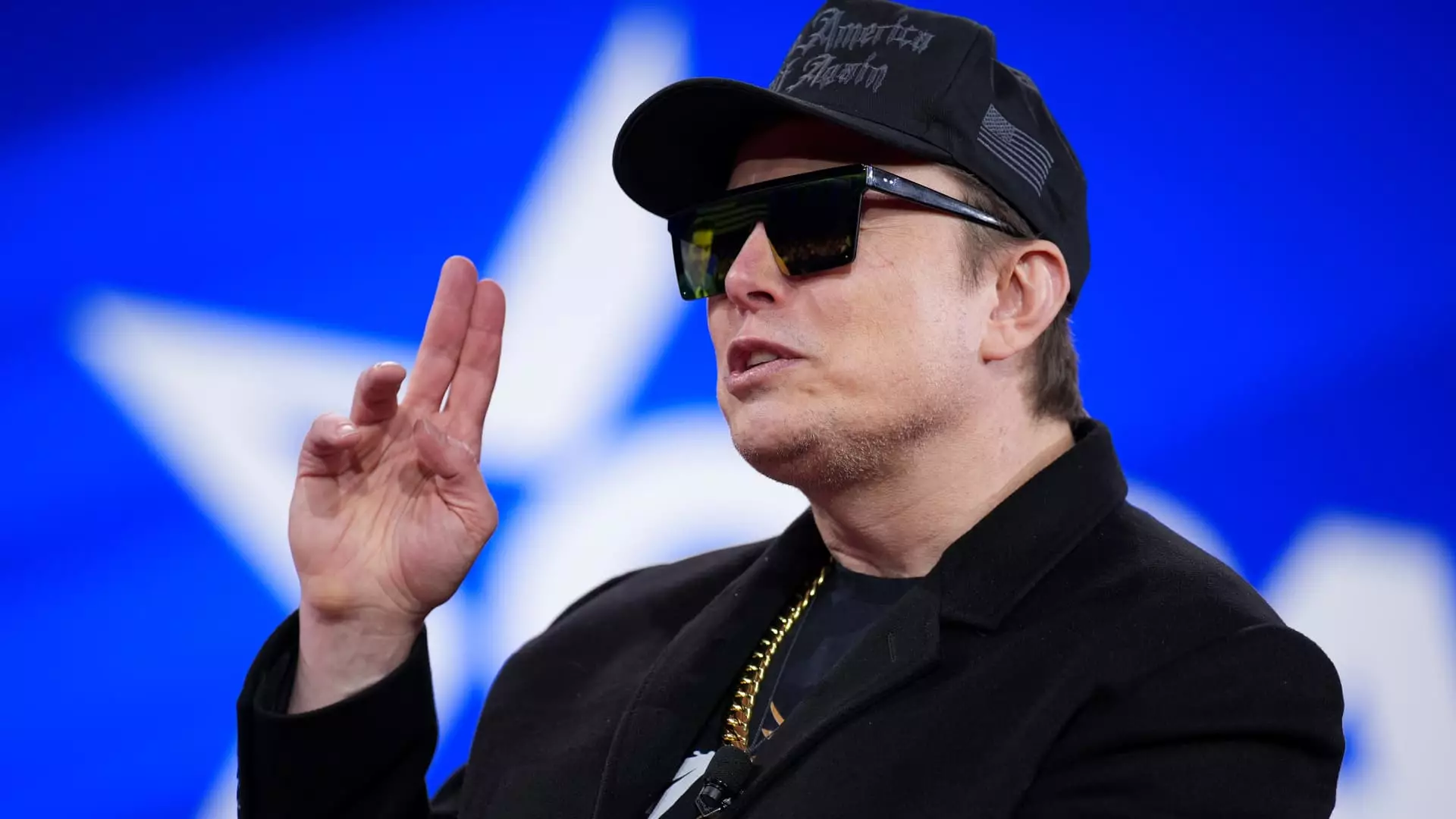The recent twists in a lawsuit filed against the Office of Personnel Management (OPM) have sparked fierce debate and concern among federal employees. A controversial email from Elon Musk, the CEO of Tesla and SpaceX, was the catalyst for an amended lawsuit that challenges his intimidating ultimatum to federal workers. Musk’s email instructed employees to respond with a summary of their weekly accomplishments, threatening dismissal for noncompliance. This case reflects broader issues within the federal workforce, setting the stage for a confrontation between corporate influence and civil service protocols.
On a recent Saturday, federal employees were met with an email from OPM demanding they report their achievements over the previous week. The email, ominously titled “What did you do last week?”, required recipients to provide five bullet points of their accomplishments and include their managers in the correspondence. The deadline for submitting this email was set for the following Monday at 11:59 PM EST. This sudden demand came without any prior warning or expectation for such a requirement, leading to widespread disillusionment and confusion among the workforce.
Musk’s tweet accompanying the email added fuel to an already simmering fire. By framing the email’s purpose as consistent with directives from President Donald Trump to assess federal employee performance, Musk implied that noncompliance would equate to voluntary resignation. The nature of this threat illustrated a disconcerting willingness to undermine established federal employee protections, raising alarms among unions and workers alike.
In response to this coercive email, unions representing federal workers swiftly mobilized. The original lawsuit, filed against OPM and its acting director Charles Ezell, emphasized constitutional and statutory concerns regarding the abrupt implementation of a reporting requirement. The unions seek a temporary restraining order to prevent mass terminations of employees, asserting that OPM’s actions contravene the legal rights of federal workers.
Marking a critical moment, the lawsuit was amended to reflect the chaos that swiftly ensued after Musk’s email. It pointed to OPM’s lack of compliance with necessary procedural requirements and underscored the absence of any formal publication regarding this sudden change in reporting policy. Furthermore, the fact that many federal agencies advised their employees against promptly responding only deepened the confusion surrounding the email’s legitimacy and requirements.
As if the situation were not chaotic enough, a patchwork of responses from various federal departments illustrated the disarray permeating the government in light of Musk’s email. While agencies like the Transportation Department urged compliance with the email’s demands, others, including the FBI and the Justice Department, instructed their employees to ignore the request. This disjointed communication further emphasized the lack of a cohesive policy from the OPM, revealing significant flaws in the approach being taken to assess the performance of federal workers.
This inconsistency resonates deeply among employees, who are left wondering what is expected of them and what the repercussions could be should they fail to navigate this minefield. The legal and ethical implications of Musk’s intervention pose a larger question about the intrusion of corporate culture into public service.
The interference of figures like Musk into federal administration not only raises legal questions but also affects employee morale and public trust. Kelley’s remarks, condemning Musk’s actions as indicative of a broader disdain for federal employees, highlight the societal divide between private sector leaders and public service workers. The situation encapsulates a growing concern: the extent to which corporate philosophies should influence the workings of government.
As federal workers face the daunting challenge of justifying their jobs under the gaze of billionaires who have never experienced the complexity of public service, there appears to be an evolving tension that needs to be addressed. Moreover, this incident raises important questions regarding the ethical responsibilities of private-sector leaders involved in government initiatives and their understanding of the intricacies of civil service.
With a hearing scheduled regarding the unions’ request for a restraining order, the situation is poised to unfold in a manner that may not only define the future of federal employment but also signal a critical moment in the relationship between corporate leaders and government protocols. The backlash against Musk’s ultimatum represents not just a pushback against an unconstitutional overreach but a call for greater respect and understanding of public service by influential private citizens. As this legal battle unfolds, the implications for both the federal workforce and the broader American public will likely be significant, demanding attention from all corners of society.



Leave a Reply